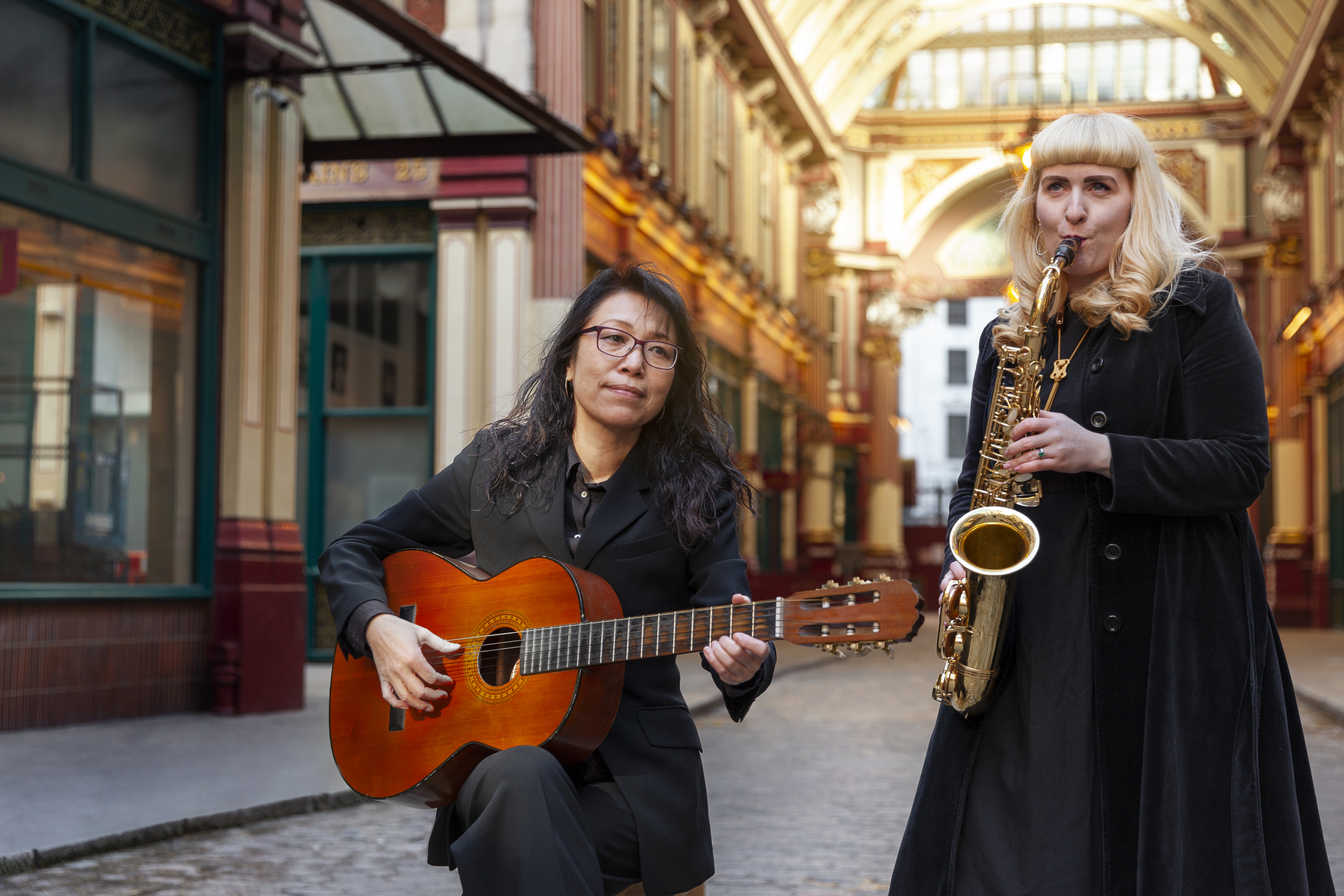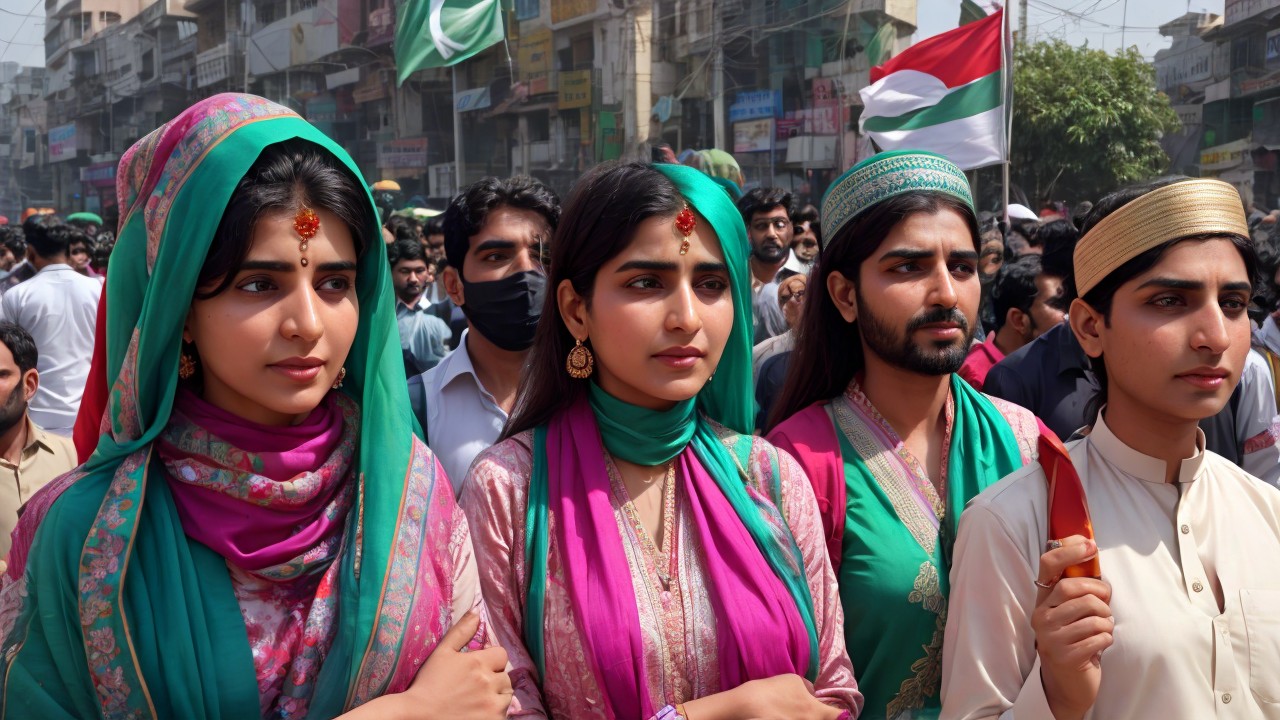Classical music, a form steeped in tradition and feeling, continues to exert influence even in today’s fast digital world. Classical Music’s Impact is simple, from its profound role in shaping modern genres to its therapeutic benefits. Whether or not intimate in grand concert halls or through streaming platforms, musical genre provides:
- An affiliation between the past and, therefore, the gift.
- Giving a supply of inspiration.
- Comfort.
- Cultural enrichment.
In this article, we tend to cut into the numerous sides of classical music’s enduring heritage and its connection in the present, exploring how it enriches our lives in delicate and profound ways.
Historical relevance Meets Modern Innovation
The heritage of classical music is deeply intertwined with human history. Composers like Beethoven, Bach, and Mozart have left an ineradicable mark on the musical landscape, shaping its evolution over centuries. However, will this history resonate in trendy times?
Contemporary musicians typically draw inspiration from classical compositions, adapting them to make distinctive sound blends. For example, the haunting melodies of classical scores square are often sampled in pop songs and electronic music, ensuring that the classical music’s Impact transcends genres. Similarly, trendy orchestras experiment with mixing ancient compositions with up-to-date designs, making performances that charm various audiences.
Moreover, the medium world owes abundant to the musical genre. Painting film scores like John Williams’ Star Wars themes or Hans Zimmer’s origination owe their musical group grandeur to classical foundations. These compositions demonstrate the beingness of the musical genre, proving that its influence extends to the far side of its original era.
Emotional Resonance and Mental Well-being
One of the foremost celebrated aspects of musical style is its ability to evoke deep emotional responses. Scientific studies have shown that paying attention to musical style will lower Cortef levels, reduce stress, and promote relaxation.
Consider the soothing result of a Debussy prelude or the energizing rhythms of a Pyotr Ilych Tchaikovsky symphony. These items calm the mind and stimulate psychological feature functions, making a musical style a valuable tool for mental well-being. Classical Music’s Impact on the psychological state has a light-emitting diode to its incorporation into therapies designed to combat anxiety, depression, and even posttraumatic stress disorder.
Furthermore, classical compositions’ structured and harmonious nature fosters focus and concentration. It’s no marvel that several students and professionals communicate playlists of Mozart or Bach they ought to boost productivity. The “Mozart Effect” even suggests that paying attention to Mozart’s music might enhance spatial-temporal reasoning skills, underscoring the decisive psychological feature edges of musical style.
Education and the Cultural Legacy of Classical Music
The role of classical music in education cannot be exaggerated. Playing classical instruments, like the piano or string, teaches discipline, patience, and perseverance. These skills extend to the far side of music, benefiting alternative areas of life.
Schools that incorporate classical music into their syllabus report higher student engagement and creativity levels. Exposure to classical music fosters cultural appreciation and a deeper understanding of history. Students gain insight into the social and political contexts that formed these masterpieces by studying composers and their works, furtheringclassical music’s Impact on education.
Beyond the room, classical music festivals and performances are cultural landmarks, celebrating heritage while exalting future generations. Initiatives like free online concerts and virtual master classes have made classical music more accessible than ever, ensuring its legacy endures.
Modern Applications and Accessibility
The modern era has witnessed the mixing of music genres into numerous ways of life. Advertisements typically use music genres to evoke sophistication and class, whereas spas and eudaimonia centers suppose their calming qualities to make serene atmospheres.
Streaming platforms like Spotify and YouTube have revolutionized; however, we tend to access music genres and introduce them to younger audiences. These platforms have contributed considerably to classical music’s Impact, ensuring this form remains relevant in a rapidly dynamic world.
Moreover, classical music plays a vital role in international cultural exchange. International orchestras and collaborations between classical and up-to-date artists highlight the universal attractiveness of this genre. This mixing of previous and new not only preserves the music genre but also reinvents it for contemporary audiences.
Preserving Classical Music in the Digital Age
Despite its dateless charm, serious music faces vital challenges within the digital era. Declining attendance at live performances and shrinking budgets for arts education threaten to diminish its reach. However, these obstacles have inspired revived efforts to preserve and promote serious music, guaranteeing its connection for future generations.
One of the foremost impactful methods has been the conversion of rare recordings, manuscripts, and historical compositions. By creating these treasures accessible online, organizations are introducing a broader audience to the wonder and quality of serious music. This digital approach not only preserves the variety but also encourages international engagement, with facultative people from all walks of life becoming experts in the ability of classical melodies.
Additionally, academic programs have played a polar role in stimulating interest in serious music. Colleges and community organizations are introducing music lessons and workshops to younger audiences, fostering an early appreciation for the genre. Competitions and scholarships, like those hosted by prestigious establishments, give young musicians the resources and opportunities to hone their craft, guaranteeing that talent continues to flourish. These initiatives underscore the enduring Impact of serious music on cultural development.
Events like the BBC Proms and programs spearheaded by Carnegie Hall exemplify the worldwide commitment to preserving classical music. The BBC Proms, with its mix of ancient and trendy performances, attracts numerous audiences and keeps the genre relevant. Meanwhile, reach programs bring live classical performances to underserved communities, bridging cultural and economic gaps.
Through these collective efforts, serious music inspires, educates, and connects people worldwide. It’s not only a relic of the past. However, it is a dynamic variety capable of adapting to up-to-date demands, whereas retentive is profound, emotionally and culturally significant. The long run of serious music remains bright, supported by a world community dedicated to preserving its heritage.
Conclusion: Classical Music as a Bridge across Time
TheClassical Music’s Impact highlights the enduring ability of art to transcend the boundaries of your time and area. Its profound emotional resonance, unmatched instructional price, and deep cultural significance ensure that musical style continues to play a significant role in enriching trendy lives.
In today’s fast world, where fugitive trends dominate, musical style is an unchanged beacon of inspiration and solace. Its melodies connect the past to the current, showcasing the sweetness and elaborateness of human expression. Every note and composition reflects an inheritance of power and dedication that has galvanized unnumerable generations.
Beyond its inventive price, musical style fosters crucial thinking, discipline, and emotional growth, making it a cornerstone of holistic education. Its universal attractiveness transcends cultural divides, uniting individuals through a shared appreciation for its class and depth.
As we honor classical music’s inheritance, we tend to embrace its evolving future conjointly. From ancient concert halls to trendy digital platforms, musical style adapts while conserving its essence. The unchanged power of its melodies ensures that it’ll still bite hearts and minds, ennobling power and providing solace for generations to return. In each era, musical style proves its place as a cherished variety.
Another Exciting News: Unveiling the Mysteries of Human-Faced Rocks in Azad Kashmir








Leave feedback about this